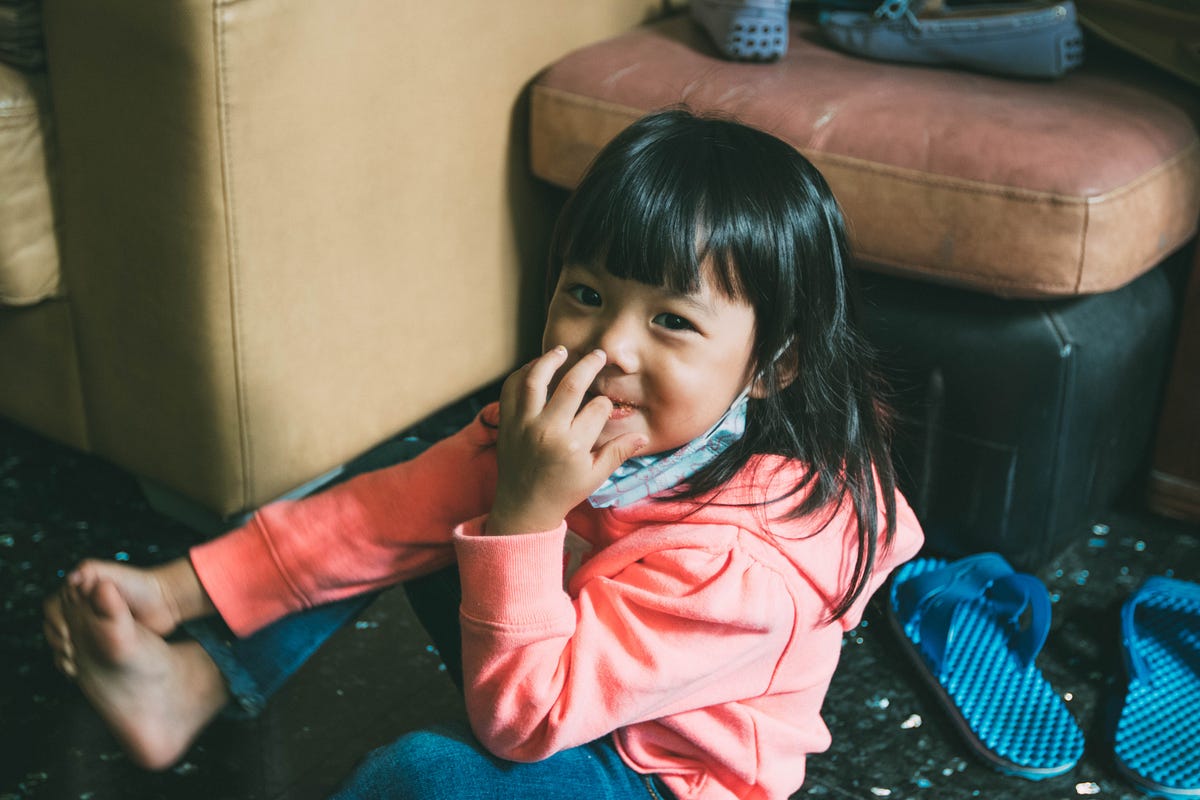Our inner child: Society’s Role and Reflection

Imagine a world where society nurtures Our inner child, providing .This article delves into the intricate relationship between our collective inner child and society, exploring the responsibility we all share in nurturing and supporting this essential part of ourselves.
The Inner Child’s Influence on Society
Your inner child has a profound impact on shaping society’s values and behaviors. Inner child healing is a crucial aspect of personal development that directly affects how individuals interact within their communities. Our childhood experiences and traumas play a significant role in shaping our beliefs, attitudes, By addressing and healing our inner child wounds, we can break free from negative cycles and contribute to positive change in society. Recognizing the impact of our inner child on society allows us to empathetically understand and support others in their healing journey. By recognizing the importance of healing through play and understanding the impact of societal influences, we can create an environment that fosters emotional development and resilience.
- Providing safe spaces for play and exploration, where individuals can freely express their emotions and creativity.
- Promoting positive role models and encouraging healthy social interactions, allowing individuals to learn and develop healthy coping mechanisms.
- Implementing educational programs that prioritize emotional intelligence and self-awareness, equipping individuals with the skills to navigate life’s challenges.
Societal influences play a significant role in shaping the way individuals perceive themselves and the world around them. By active
The Impact of Society on Our Inner Child
Through societal norms and expectations, you’re constantly influenced and shaped, impacting the development and well-being of your inner child.
Social conditioning plays a significant role in shaping our inner child. From a young age, we’re taught what’s considered acceptable and unacceptable behavior based on cultural norms. These norms can often suppress our inner child, inhibiting our creativity, spontaneity, and curiosity.
Society expects us to conform and fit into predetermined roles, which can limit our ability to express ourselves freely and authentically. This suppression can have long-term effects on our emotional and psychological well-being.
It’s crucial to recognize these societal influences and work towards creating a more nurturing environment that allows our to thrive. By unveiling these hidden patterns, we can understand society’s role in shaping our and begin to reclaim our authenticity and joy.
Unveiling the Hidden Patterns: Society’s Role in Shaping Our Inner Child
By recognizing and addressing the hidden patterns of societal influence, you can begin to understand the profound role society plays in shaping your . Uncovering conditioning and societal programming is crucial in this process.
Here are three ways society shapes
- Education: Schools are one of the primary agents of socialization. The curriculum, teaching methods,
Unveiling these hidden patterns allows us to critically examine and challenge societal influence, empowering us to cultivate a more authentic
Healing the : Society’s Reflection and Responsibility
As an individual, you have the power and the responsibility to reflect on society’s role in healing your inner child. The healing process of your inner child is deeply intertwined with societal trauma.
Healing the inner child requires a collective effort, with society playing a crucial role in fostering a safe and nurturing environment for growth and healing.
Embracing Vulnerability: Society’s Role in Supporting Our Inner Child
You can cultivate a society that fosters the embrace of vulnerability and supports the healing and growth of our inner child. By creating an environment that values and supports vulnerability, we empower individuals to explore their emotions and experiences without fear of judgment or rejection.
Here are three ways society can support vulnerability and empower growth:
- Provide resources for emotional support: Invest in mental health resources and services that cater to the unique needs of individuals seeking to heal and grow. This can include therapy, counseling, and workshops focused on building emotional resilience.
- Foster a culture of empathy and compassion: Encourage society to prioritize empathy and compassion, helping individuals feel understood and accepted.
Frequently Asked Questions
How Can Individuals Nurture Their on a Personal Level?
To nurture your on a personal level, engage in self-reflection practices like journaling or therapy
How Does Society’s Role in Supporting the Differ Across Cultures?
In different cultures, society’s role in supporting the varies like a kaleidoscope.
Can You Provide Some Practical Ways in Which Society Can Embrace Vulnerability and Support the Inner Child?
You can embrace vulnerability and support the inner child in society by creating safe spaces where people feel comfortable being themselves and promoting self-expression.
Conclusion
Through nurturing and support, society has the responsibility to ensure the well-being and emotional growth of our inner child.



